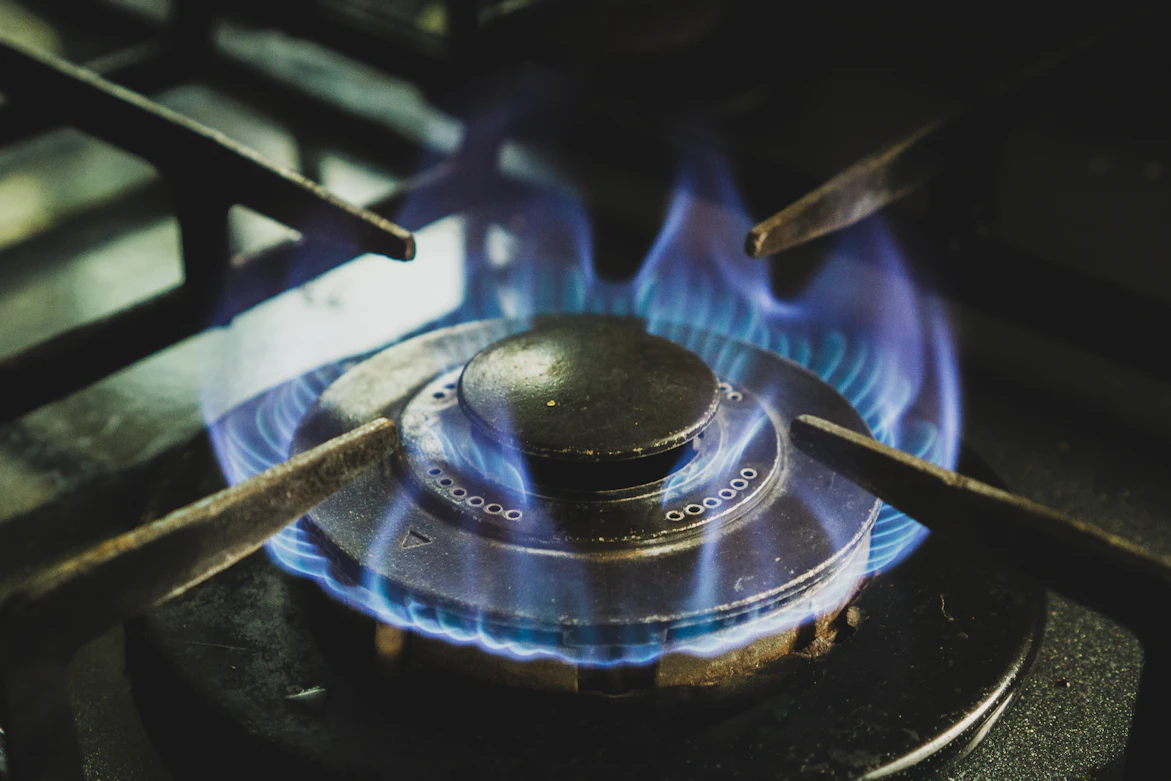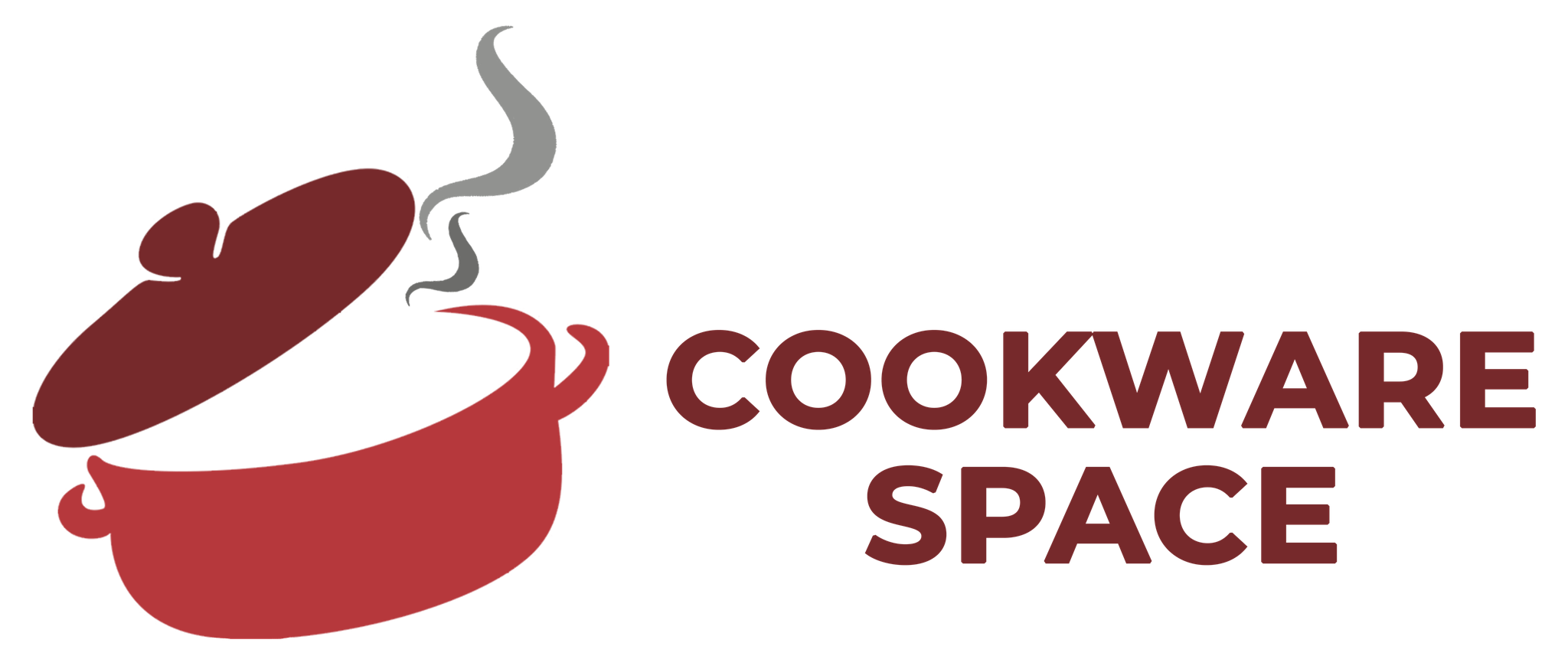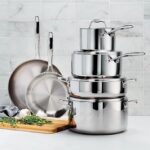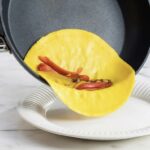2024 Great Kitchen Debates: Slow Cooker or Pressure Cooker

Few debates spark as much passion as the battle between the slow cooker and the pressure cooker. These kitchen appliances have loyal followings, each claiming superiority in terms of convenience, flavor, and cooking efficiency. Let’s delve into the heart of this debate and uncover the pros and cons of each contender.
Table of Contents
Slow Cooker: A Testament to Patience
Ah, the slow cooker—the epitome of set-it-and-forget-it cooking. With its low and steady heat, the slow cooker transforms tough cuts of meat and hearty ingredients into tender, flavorful meals over the course of several hours. It’s the kitchen companion for busy individuals who crave home-cooked meals without the fuss.
But let’s not overlook the drawbacks of the slow cooker. While it excels at braising meats and simmering stews, it lacks the speed and versatility of its counterpart, the pressure cooker. For those seeking quick meal solutions or the ability to cook a variety of dishes in record time, the slow cooker may fall short.
Moreover, the slow cooker is known for its energy consumption, as it operates for long periods of time at low temperatures. This may not be ideal for eco-conscious individuals or those looking to minimize their electricity bills. Additionally, while the slow cooking process can result in tender, flavorful dishes, it requires advanced planning and cannot accommodate last-minute meal preparations.
On the other hand, the slow cooker offers unmatched convenience for busy households. Whether you’re a working professional or a parent juggling multiple responsibilities, the ability to prepare meals in advance and return home to a hot, delicious dinner is invaluable. The slow cooker allows you to spend less time in the kitchen and more time enjoying meals with your loved ones.
Pressure Cooker: A Symphony of Speed and Flavor
Enter the pressure cooker—a marvel of modern kitchen technology. With its ability to cook food under high pressure and temperature in a fraction of the time required by traditional methods, the pressure cooker is a game-changer for busy cooks. From tenderizing tough cuts of meat to rapidly cooking grains and legumes, the pressure cooker delivers flavorful results in a fraction of the time.
But beware the learning curve of the pressure cooker. Its high-pressure environment and quick cooking times require careful attention to ensure safety and prevent overcooking. Novice cooks may find the fast-paced nature of the pressure cooker intimidating, while seasoned chefs appreciate its efficiency and precision.
Moreover, while the pressure cooker is celebrated for its speed, it may not be suitable for all types of dishes. Delicate ingredients, such as fish or certain vegetables, can easily become overcooked in the high-pressure environment. Additionally, the intense heat and pressure can sometimes result in food sticking to the bottom of the cooker, requiring extra cleaning effort.
When it comes to versatility, the pressure cooker is a true kitchen powerhouse. Its ability to cook a wide range of dishes in a fraction of the time makes it ideal for busy households and adventurous cooks alike. From soups and stews to risottos and desserts, the pressure cooker can do it all with remarkable efficiency.
Historical Perspectives
The concept of slow cooking dates back centuries, with ancient civilizations using primitive methods such as burying food in hot coals or cooking over open flames for extended periods. In more recent history, the invention of the slow cooker can be attributed to Irving Naxon, who patented the “Naxon Beanery” in 1940. Inspired by memories of his mother’s slow-cooked cholent, Naxon’s invention paved the way for the modern slow cooker, which gained popularity in the 1970s as a convenient kitchen appliance.
On the other hand, the pressure cooker has a rich history that traces back to the 17th century. French physicist Denis Papin is credited with inventing the first pressure cooker, known as the “steam digester,” in 1679. However, it wasn’t until the early 20th century that pressure cookers gained widespread popularity, thanks to advancements in safety features and manufacturing processes. Today, pressure cookers are a staple in many kitchens around the world, beloved for their ability to cook food quickly while retaining moisture and flavor.
Science Behind Cooking Methods
The difference in cooking methods between slow cookers and pressure cookers lies in their approach to heat and moisture. Slow cookers rely on a low, consistent temperature over an extended period, allowing flavors to develop slowly and ingredients to tenderize gradually. This gentle cooking process is ideal for breaking down tough cuts of meat and extracting maximum flavor from spices and aromatics.
On the other hand, pressure cookers harness the power of steam and high pressure to rapidly cook food. By trapping steam within the sealed pot, pressure cookers raise the boiling point of water, allowing food to cook at higher temperatures. This results in faster cooking times and more efficient heat transfer, making pressure cookers perfect for busy individuals looking to prepare meals in a fraction of the time.
So, which is the ultimate kitchen champion: the slow cooker or the pressure cooker? The answer ultimately depends on your cooking style, schedule, and culinary preferences. If you value convenience, long, slow cooking times, and the ability to set it and forget it, the slow cooker may be your go-to appliance.
However, if you crave speed, versatility, and the ability to cook a wide range of dishes in a fraction of the time, the pressure cooker may be your kitchen hero. With its ability to tenderize meats, cook grains, and create flavorful dishes in record time, the pressure cooker is a powerhouse in the kitchen.
Experimentation and Exploration
Embrace the debate, experiment with both the slow cooker and pressure cooker, and let your taste buds be the ultimate judge. Blend the leisurely pace of slow cooker meals with the lightning-fast efficiency of the pressure cooker to create a culinary symphony in your kitchen. With these versatile appliances at your disposal, the possibilities are endless. Happy cooking!
Read More:
Knead to Know: Ranking The Best Stand Mixers in 2024




